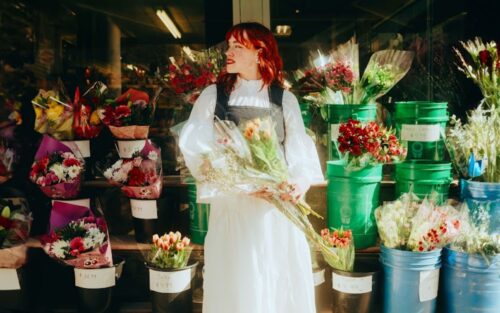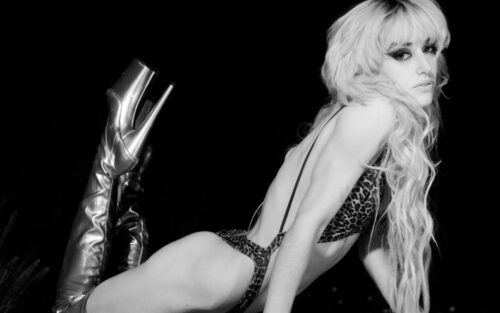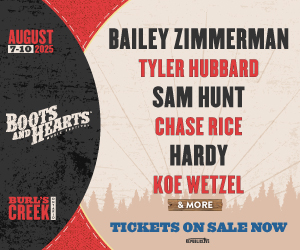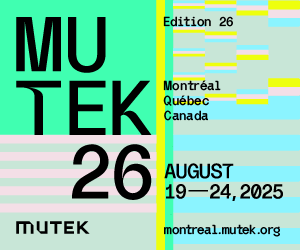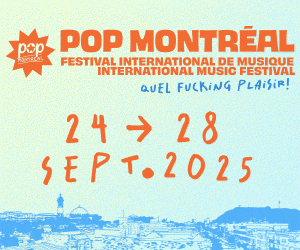The Complicated Optimism of Hozier
The Irish indie-folk phenom opens up about the cycles of creativity and hope that inspired Unreal Unearth.
By Sierra Riley
Photo by Julia Johnson
- Published on
“There’s definitely a lightness and a sort of openness that I’ve experienced being in LA, and finding the kind of communities that I found here in working on this record,” the “Take Me To Church” singer says earnestly, without cracking a smile. “That definitely found its way under my skin a little bit for sure, and I can see on the album as well […] there’s something of the weather that gets into the work.”
Songs written in his typically rainy hometown of Wicklow (“To Someone From A Warm Climate,” for example) feel darker than California-composed tracks. A departure from his debut and sophomore releases, Hozier’s newest album shifts from synths to soul to 90s grunge. It’s political, personal, unpredictable and — credit to the City of Angels — occasionally hopeful.
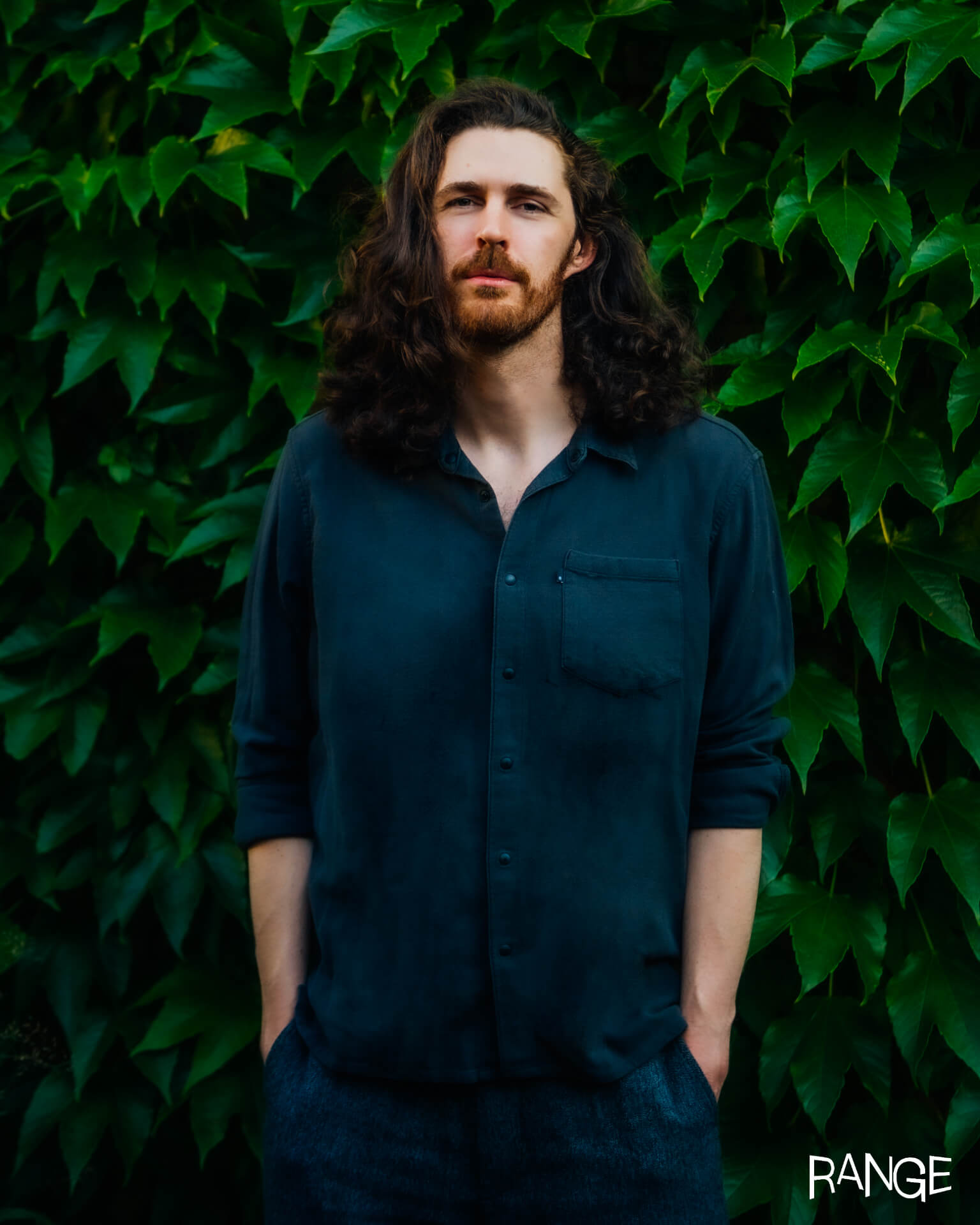
Photo by Ruth Medjber
The structure of Unreal Unearth is loosely based on Dante’s Inferno. Hozier, ever the literato, assembled his 16-track album into circles as a nod to the Italian epic. There’s a descent into something like a hellscape, a grave loss and an ascension out the other end. “One bright morning changes all things / soft and easy / as your breathing,” begins the final track, “First Light.” It’s this song that most closely reflects where the artist is on his own life journey.
“I feel like […] taking a deep breath and seeing the sky for the first time, or as if for the first time in a long time,” he reveals. “I hit my walls and my challenges over the last three, four years and contended with the futility of making work, or the usefulness of making work. And I’m glad to say I confronted those questions, and I’ve gained a better relationship with my work [and with] that feeling of gratefulness. […] That lifting that is accessible not only at the end of something but is accessible in the every day also.”


On this particular Tuesday, Hozier is practicing gratitude for LA’s famous Sidecar Doughnuts, the lineup of eager journalists at his press junket, and the wide-open California skies. The future, however, is a murkier thing. The 33-year-old confesses that he doesn’t believe himself capable of imagining a utopian hereafter. Though it may seem bleak, this is a sentiment shared by many young adults who have found themselves entrapped by what Hozier describes as a destructive “runaway system.” In this context, optimism becomes complicated.
“I always struggled with movies that had happy endings. […] Life never ends there. […] In songs like “First Light,” I was trying to try to play with something that was cyclical, something that was returning, something that was sort of evergreen. You know, something that comes back in cycles.”
There is no grand reconciliation, no sense of finality, and no certainty other than death, he is keen to point out. Life goes on, sure as the sunrise, fickle as the weather. Dust to dust. That’s a fact Hozier grapples with in his music.
“I’ve only ever written from a place of: ‘Does something resonate with me? Does it feel honest in the moment? Does it feel worthwhile?’ And hopefully, ‘Does it feel beautiful enough to be made?’ I just hope…my only hope is that somebody can find that it’s worthwhile and that it resonates with them too,” he says softly before pausing for a beat. “I would be…I would be delighted.”
By Ben Boddez
The Toronto-based pop artist pens an ode to defeating online jealousy that sounds fresh out of the early 2000s.
By Cam Delisle
Just in time for her L.A. Pride debut, the alt-popstar drops the visual for “Versed”—a sweaty anthem that pulses with desire.


